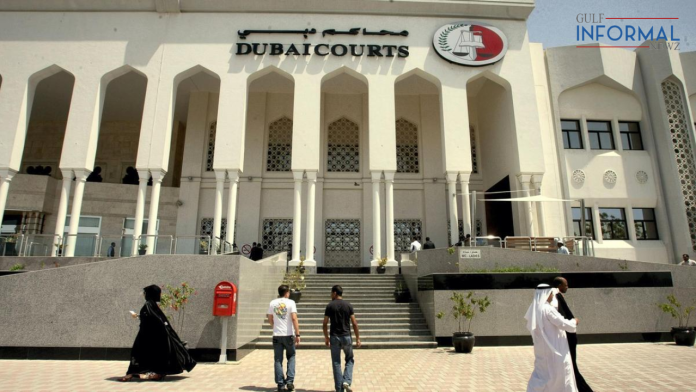The Commercial Court of First Instance in Dubai, presided over by Judge Dr. Hamda Al Suwaidi, emphasized the significance of the UAE’s commitment to bolstering bankruptcy legislation.
Decree Law No. 51 of 2023, pertaining to bankruptcy and financial regulation, reflects the UAE’s dedication to enhancing its economic landscape. Dr. Al Suwaidi highlighted the pivotal amendment introduced by this legislation, emphasizing the importance of enabling debtors to complete preventive procedures under specific conditions, notably ensuring the viability of their businesses. This amendment addresses previous obstacles encountered during preventive conciliation procedures.
Dr. Al Suwaidi underscored the UAE’s continual progress in solidifying its global standing as one of the most competitive economies. This progress is fueled by innovative strategies and a modern legislative approach that aligns with the evolving needs of the economy, fostering growth, nurturing a knowledge-based economy, promoting innovation, and fortifying regulatory frameworks across vital sectors, including banking and commerce.
Also Read: UAE passport validity has now doubled
Furthermore, the establishment of specialized bankruptcy courts or departments dedicated to handling bankruptcy applications demonstrates the UAE’s commitment to streamlining the adjudication process for such cases. These specialized entities ensure a focused approach to handling bankruptcy applications, which often require distinct procedural paths compared to other legal claims. To facilitate the auditing and documentation processes, the legislation mandates the establishment of a regulatory department headed by a judge of suitable rank. This department oversees the receipt of requests, directs notifications to relevant parties, verifies requests for preventive settlements, restructuring, and bankruptcy declarations, and implements necessary precautionary measures.
The legislation empowers various stakeholders, including debtors, creditors, or groups of creditors, to initiate bankruptcy or restructuring proceedings. The debtor may request preventive settlement procedures under specific conditions, such as the ability to sustain business operations despite payment cessation or creditor rejection of settlement proposals. Moreover, the legislation aims to ensure the enforceability of bankruptcy court decisions, treating them as executive documents upon issuance. This measure prevents conflicts with executive decisions and underscores the seriousness of applications submitted to the bankruptcy court.
The disclosure requirements imposed by the legislation serve to protect legal positions and commercial transactions while bolstering investor confidence in the UAE judiciary. Additionally, the legislation prioritizes restructuring procedures, striving to maximize bankruptcy funds and stabilize financial transactions to safeguard the national economy and ensure equitable outcomes.
Moreover, the UAE’s legislative efforts reflect a proactive approach to bankruptcy regulation aimed at supporting economic resilience, fostering growth, and ensuring fairness in commercial dealings.




